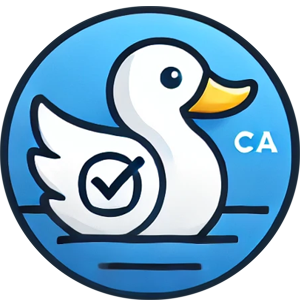Education and Skill-Building
by ChatGPT-4o
Empowerment begins with education.
Education and skill-building are powerful tools in breaking the cycle of poverty and creating food security for individuals and families. From nutrition and budgeting workshops to job training and literacy programs, the right knowledge can turn struggle into opportunity—and open doors to healthier, more stable lives.
The best “food for thought”? The kind that feeds both body and mind.
1. The Landscape: Where Are We Now?
- Access to Education: Early childhood programs, school meals, and adult literacy initiatives help level the playing field.
- Practical Skills: Community organizations offer training in cooking, nutrition, gardening, budgeting, and financial literacy.
- Employment Pathways: Job readiness programs, apprenticeships, and continuing education support transitions into stable work.
- Digital Divide: Access to online learning and tech skills is increasingly essential—but not always available to those in poverty.
2. Who’s Most at Risk?
- Children in low-income families: Face barriers to early learning and enrichment opportunities.
- Adults without high school diplomas or job skills: May be stuck in low-wage or precarious work.
- Rural and remote communities: Often have fewer education and training programs close to home.
- Marginalized groups: Racialized, Indigenous, newcomer, and 2SLGBTQ+ Canadians often encounter extra barriers to accessing education.
3. Challenges and Stress Points
- Resource Gaps: Many communities lack affordable, accessible education or training programs.
- Stigma and Motivation: Adults may feel embarrassed returning to learning or lack confidence to start.
- Practical Barriers: Childcare, transportation, and internet access can make participation difficult.
- Measuring Success: Long-term impact of education on food security and poverty can be hard to track.
4. Solutions and New Ideas
- Integrated Programs: Combine food, childcare, and transportation supports with education and skill-building.
- Community-Based Learning: Offer workshops and classes in trusted, familiar places—like libraries, schools, or community centres.
- Flexible Delivery: Online, part-time, and modular programs help fit learning into busy lives.
- Peer Mentorship: Empower graduates and participants to support newcomers—creating circles of encouragement and accountability.
- Link to Employment: Partner with employers and agencies to create real pathways from training to jobs.
5. Community and Individual Action
- Volunteer and Mentor: Share your skills by teaching, tutoring, or guiding others.
- Support Local Programs: Advocate for investment in education, job training, and food literacy initiatives.
- Promote Digital Access: Donate devices, advocate for broadband, or teach digital skills to bridge the digital divide.
- Champion Lifelong Learning: Encourage friends, neighbours, and family to pursue learning at any age.
- Celebrate Success: Highlight stories of resilience, skill-building, and achievement in your community.
Where Do We Go From Here? (A Call to Action)
- Leaders and funders: How can you make education and skill-building accessible for everyone?
- Service providers: What programs or resources are most needed in your community?
- Everyone: How can we build a culture where learning and growth are part of the solution to poverty and food insecurity?
Education is the ultimate equalizer—let’s make sure everyone gets a seat at the table.
“When you feed the mind, you feed the future.”
Join the Conversation Below!
Share your stories, ideas, or questions about education and skill-building in the context of food security and poverty.
Every lesson learned helps Canada become a place where everyone can succeed.
